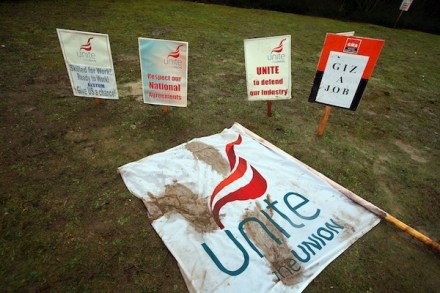NHS political football, full-time report: Hunt and Burnham’s fouls and fury
Jeremy Hunt’s statement on the Keogh review marked one of the uglier Commons sessions in this parliament. Amid shouting, muttering and angry pointing from the Opposition benches, the Health Secretary announced that 11 of the 14 hospitals in the review would be put into ‘special measures’, while making clear that he blamed the culture the Labour government had nurtured in the NHS, and pressure from ministers to cover up bad news. Labour MPs hated the last assertion in particular, roaring with disagreement as Hunt said: ‘It is never acceptable for the government to put pressure on the NHS to accept bad news because in doing so they make it less




















